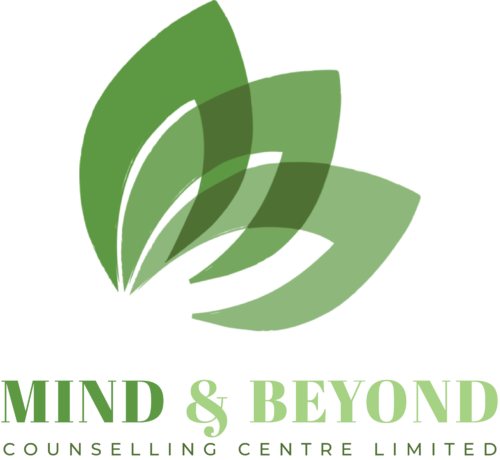One-on-one counselling or therapy is provided in a safe, confidential space that encourages individuals to open up about their personal concerns that may be disrupting their daily functioning and overall well-being. This personalized approach allows for deep, focused conversations, fostering a trusting relationship between the client and therapist. Through this therapeutic process, individuals can address their issues and develop strategies to lead a better, more fulfilling life.
Creating a Safe Space:
- The foundation of one-on-one counselling is the creation of a secure and confidential environment. This safe space allows individuals to express their thoughts and emotions freely without fear of judgment or breach of privacy.
Building Trust and Rapport:
- A strong therapeutic alliance is crucial for effective counselling. The counselor works to build trust and rapport, ensuring that the individual feels comfortable and supported throughout the process.
Personalized Attention:
- One-on-one sessions provide personalized attention tailored to the individual’s unique needs and concerns. This customized approach helps in addressing specific issues more effectively compared to group settings.
Identifying Underlying Issues:
- Counselors help individuals uncover the root causes of their problems, whether they stem from past experiences, trauma, stress, or other factors. Understanding these underlying issues is the first step towards meaningful change.
Developing Coping Strategies:
- Through therapy, individuals learn effective coping strategies to manage their emotions and reactions. Techniques such as mindfulness, cognitive-behavioral strategies, and relaxation exercises are often taught to help individuals handle stress and anxiety.
Enhancing Self-Awareness:
- Counselling promotes self-awareness by helping individuals gain insights into their thoughts, behaviors, and patterns. This heightened self-awareness empowers individuals to make conscious choices and implement positive changes in their lives.
Improving Emotional Regulation:
- One-on-one counselling aids in improving emotional regulation, enabling individuals to manage their emotions more effectively. This can lead to better relationships, improved decision-making, and a more balanced emotional state.
Goal Setting and Achievement:
- Counselors assist individuals in setting realistic and achievable goals. This process involves identifying personal aspirations, creating action plans, and providing support and motivation to reach these goals.

